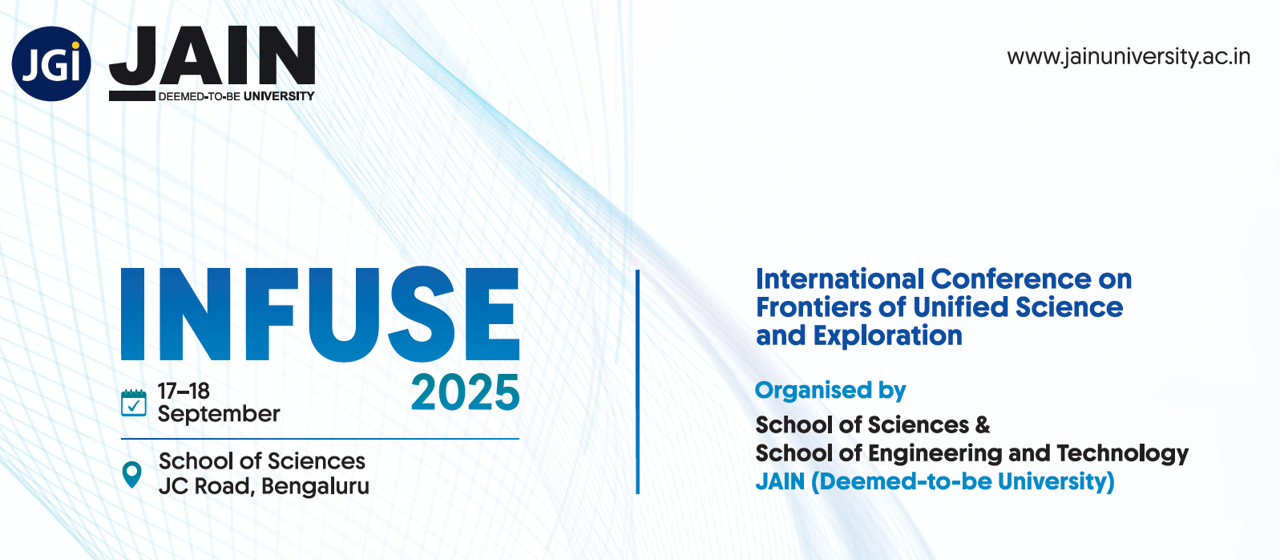Speakers
Description
AI is used almost everywhere in our daily lives to transform it for the better, but it can also be used for better sustainable development. Industries associated with waste management require a tool to make sorting, separating, recycling, and reusing much more effective. AI
acts as a saviour here- advancements in AI like NLP (Natural Language Processing) and CV (Computer Vision) prove the rate at which AI is advancing, improving, and enhancing. This will ensure the increased effectiveness of using AI to manage waste. Large quantities of waste, such as landfills and marine waste, result in an obvious degrading effect on our environment. The amount of plastic in oceans is around 1.7 million tonnes, according to Our World in Data, and this is just plastic. An innovative way to look at solving this problem is through biocomposites.
This chapter envisages the role played by biocomposites, which are sustainable and eco-friendly biopolymers that are biocompatible and formed by mixing resin with natural fibres made out of polysaccharides like cellulose. These materials offer an alternative to existing
substances that prove harmful to the environment. This chapter focuses on marine waste as raw materials to make biocomposites with the help of AI, and explores its multifaceted role in various industries
Keywords: Natural Language Processing, Artificial Intelligence, Sustainable development,Marine waste, recycling

